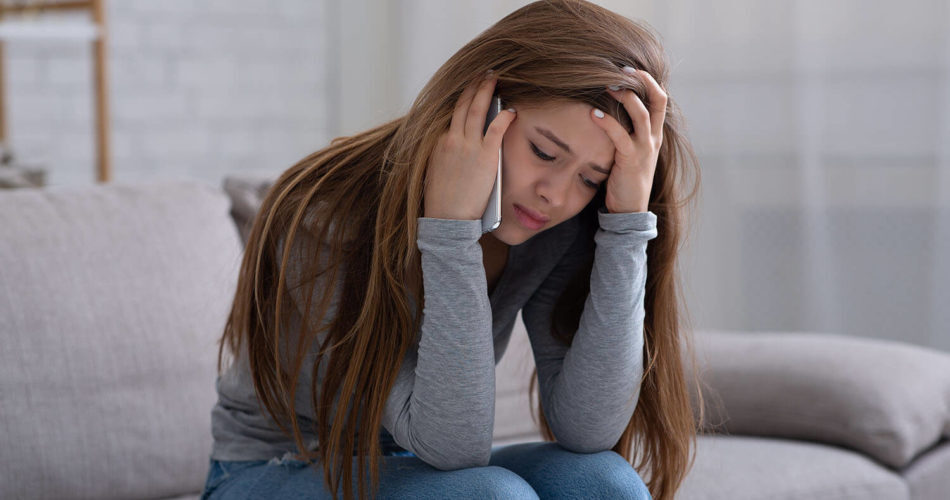Starting off:
These days, life is very busy, and work, family, and social activities often come before sleep. A lot of people have problems with sleep. Insomnia and not getting enough sleep are two of the most common causes. People often use these terms to refer to the same thing, but they actually refer to different diseases with different causes and effects. Knowing the differences between insomnia and not getting enough sleep is important for dealing with these problems and encouraging better sleep habits.
Trouble sleeping:
When someone has insomnia, they have trouble going asleep, staying asleep, or getting restful sleep even though they have the chance to sleep. It is often followed by daytime tiredness, irritability, and trouble focusing, which makes it hard to do normal things. Acute insomnia and persistent insomnia are the two main types of insomnia symptoms
Acute insomnia only lasts a short time and is generally caused by stress, big events in life, or changes in the place where you sleep. It usually goes away on its own once the stressor is dealt with or removed. On the other hand, someone with chronic sleeplessness can’t sleep at least three nights a week for at least three months. It can be caused by underlying mental or physical illnesses, like depression, worry, or chronic pain, and it usually needs help to be fixed.
Not getting enough rest:
On the other hand, sleep loss is when you regularly don’t get enough sleep. It can be short-term or long-term, and it’s usually caused by things in your life, like not getting enough sleep, having a lot of work to do, or having a lot of social responsibilities. When you regularly get less sleep than the suggested amount, this is called chronic sleep deprivation. It can have serious effects on your physical, mental, and emotional health.
The Effects of Not Getting Enough Sleep and Insomnia:
Both sleeplessness and not getting enough sleep can hurt your health and well-being in different ways. Physically, not getting enough sleep has been linked to a higher chance of obesity, diabetes, heart disease, and a weaker immune system. Mood disorders like sadness and anxiety can be made worse by sleep problems, as well as problems with cognitive function like memory and decision-making. Also, not getting enough sleep on a regular basis has been linked to a higher chance of accidents and injuries because it makes people less alert and slows down their reactions.
Telling the Difference Between Insomnia and Not Getting Enough Sleep:
Insomnia and not getting enough sleep both have some signs in common, like feeling tired and having trouble focusing, but their causes and patterns are different. People with insomnia have trouble falling asleep or staying asleep, and they often feel frustrated and anxious about sleep. Sleep deprivation, on the other hand, happens when you regularly don’t get enough sleep, whether it’s because of your lifestyle, your surroundings, or a sleep disorder.
How to Diagnose and Treat:
Getting the right diagnosis is important for handling insomnia and not getting enough sleep. People who have chronic sleep problems should see a doctor or nurse. They can do a full evaluation to find any underlying medical or psychological conditions that might be making it hard for them to sleep. Cognitive-behavioral therapy for insomnia (CBT-I) focuses on changing negative thoughts and behaviors that get in the way of sleep. Medications or other therapies may also be used, based on the person’s needs and preferences.
Preventive steps and changes to your lifestyle:
In addition to getting professional help, there are a number of things you can do to improve your sleep habits and lower your risk of insomnia and not getting enough sleep. Some of these are:
Setting a normal sleep schedule:
Even on the weekends, going to bed and getting up at the same time every day helps the body’s internal clock stay in sync and leads to better sleep.
Making a relaxing bedtime routine: Doing relaxing things before bed, like reading, taking a warm bath, or practicing relaxation techniques, can tell your body it’s time to wind down and get ready for sleep.
Making a sleep-friendly environment:
Keeping the bedroom cool, dark, and quiet can help you sleep better and have fewer problems during the night.
Using less coffee and electronics: Staying away from stimulants like caffeine and screens (like computers and smartphones) before bed can help your body know it’s time to sleep.
Stress and anxiety management:
Mindfulness meditation or deep breathing exercises are two stress-reduction methods that can help you feel less anxious and more relaxed before bed.
In conclusion:
Sleep problems like insomnia and not getting enough sleep can have big effects on your physical, social, and emotional health. Even though they have some things in common, their basic causes and patterns are different, which means that diagnosis and treatment must be tailored to each person. People can take steps to improve their sleep quality and general health by learning the differences between insomnia and not getting enough sleep and making changes to their lifestyles and ways of doing things. It is suggested that people who have persistent sleep problems talk to a medical worker to find and treat any underlying conditions that are making it hard for them to sleep. No matter what, everyone can get better sleep with the right tools and help.

